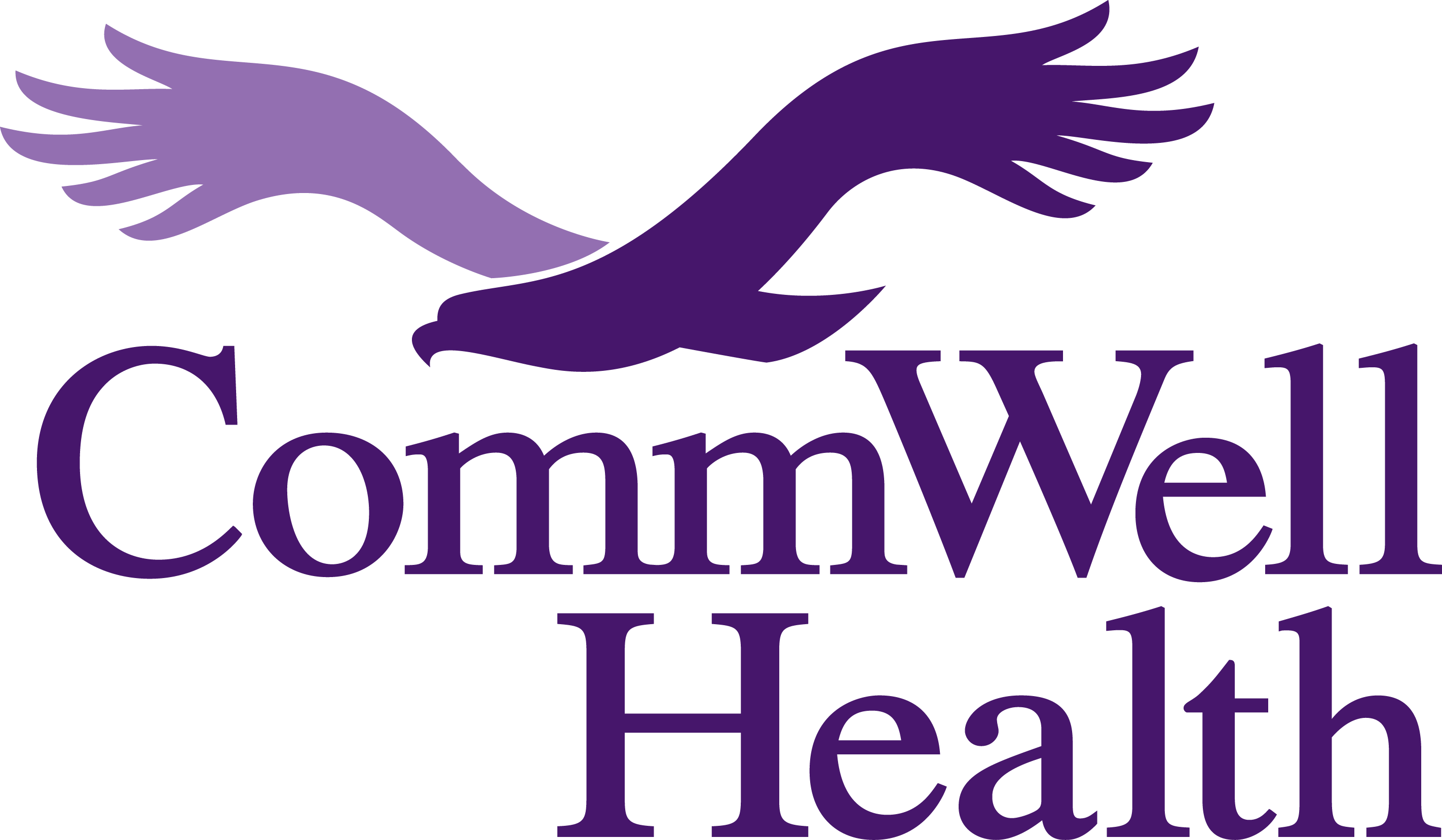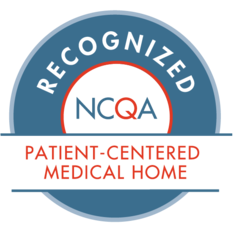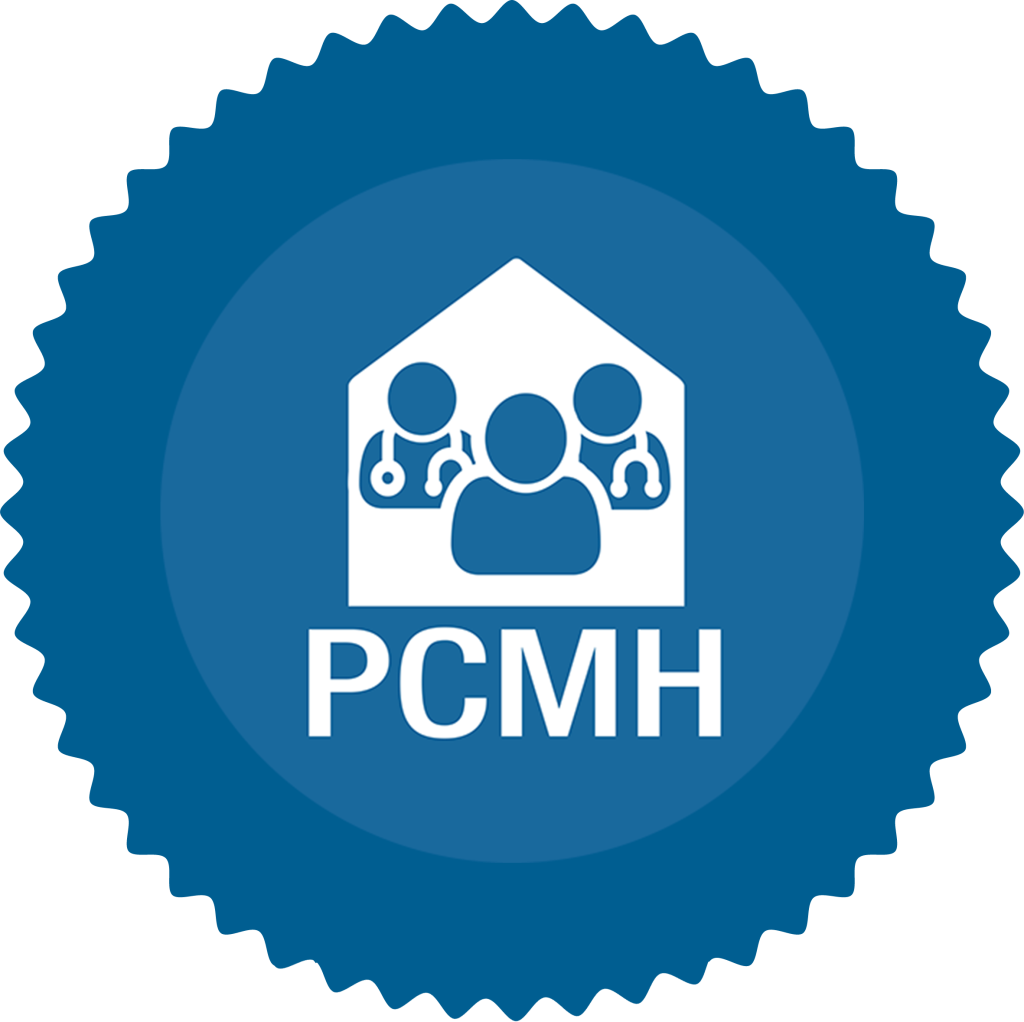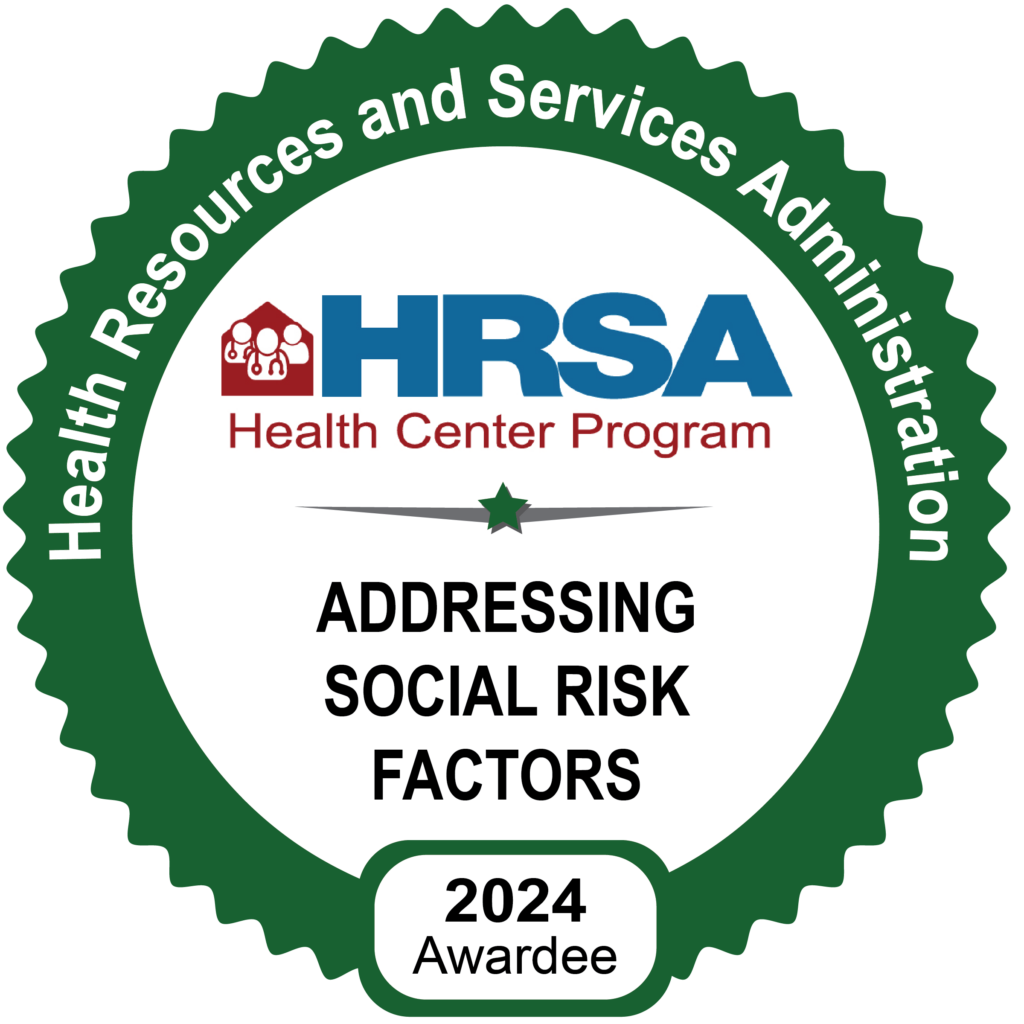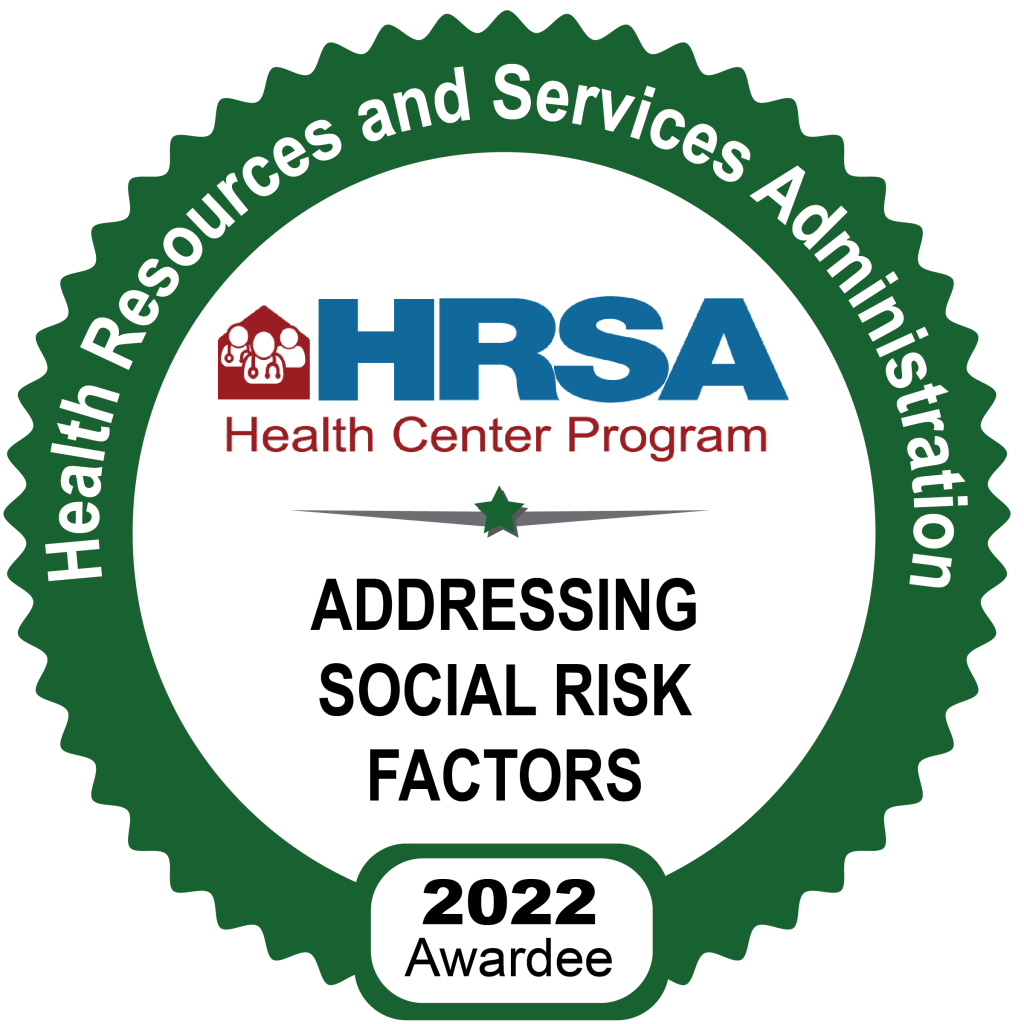
You’ve heard the uplifting stories: Passersby dropping scads of cash into charity collection buckets or anonymous donors paying off hospital bills for strangers. And people helping victims during storms and natural disasters. These acts of kindness make everybody feel good.
There’s a science behind that phenomenon called “loving kindness.” And research shows that learning and practicing loving kindness can profoundly affect your attitude, outlook and even your health.
Better yet, you can rewire your brain to be more present and kinder to others, giving your mood a daily boost. These three simple practices will help get you started.
Loving-kindness meditation (LKM)
LKM is a quiet, contemplative practice that focuses thought on your heart region and encourages warm, tender thoughts, possibly about a loved one. In one study, people who practiced LKM an hour a week felt greater positive emotions — love, contentment, joy — while interacting with others.
Documented health benefits of practicing LKM include:
- Reduced pain and tension from migraines
- Reduced symptoms of depression
- Possibly slowing the aging process. Studies have found that women who practice LKM have longer telomeres, which are like little end-caps on your DNA. Shorter telomeres have been associated with faster aging.
Maybe the best news is that even small doses of LKM can help. One study found that a 10-minute session of LKM increased feelings of social connection and positive feelings toward others.
Acts of kindness
This one’s so simple: Intentionally set a goal to be kinder to others. Express sincerely felt kindness to a co-worker. Make a special effort to extend kind words to a neighbor. Hold the elevator for someone or take time to help a loved one.
As you spread your kindness, you might just experience what research has confirmed: Generosity can be contagious.
Why? The act of helping others actually activates the part of your brain that makes you feel pleasure. It also releases a hormone called oxytocin that helps modulate social interactions and emotion — the higher your oxytocin levels, the more generous you may be.
Food for thought: Reportedly, one person in Winnipeg, Manitoba, picked up the tab for the next car in line at a coffee-and-sandwich drive-through. This inspired the next person to do to the same. The chain continued for an astonishing 226 customers!
Seems like research supports the Golden Rule: Do unto others as you would have them do unto you. The kinder you act toward others, the better you will feel.
Focus on gratitude
Do you feel grateful for the good things in your life? If not, it’s time to start.
Researchers have found that feelings of thankfulness can help improve sleep, diminish fatigue, increase confidence and even lessen depression. One way to increase your feelings of gratitude is to start journaling.
Keeping a gratitude journal — just writing down things you’re grateful for — has been found to actually improve biological markers that indicate heart health. Don’t want to carry a notebook? There are plenty of phone apps that can help you express gratitude or share happy moments.
Like anything else, engaging in loving kindness gets easier with practice. Try thinking positive thoughts about people in your life. Write down the things you’re grateful for this week. Set aside 10 minutes to meditate. You may just find a happier, healthier you.
This article is written by Mayo Clinic staff. Find more health and medical information on mayoclinic.org.
